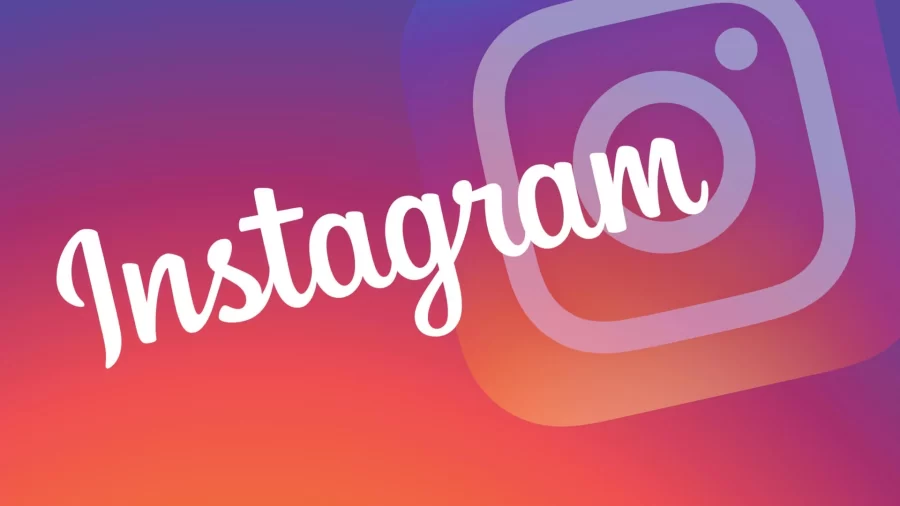California: Instagram has implemented several new measures to shield teens from sextortion scams in response to growing concerns about kid safety on social media.
The most recent changes include steps to prevent screen captures and screenshots of Instagram direct messages that vanish. A black screen will appear when a user tries to take a picture intended for a single view, to prevent unwanted recording.
Instagram is also experimenting with safety alerts to warn teens when they message someone who might be abroad.
Accounts that exhibit “scammy” behavior, especially those that are recently formed, will not be allowed to see a user’s following lists and followers. The purpose of this action is to deter scammers, who frequently use these databases to target possible victims.
Images tagged for nudity will automatically look blurry for anyone under 18 years to protect young users.
These features come after the recent launch of designated Teen accounts, which include limitations such as permitting parental supervision of messaging activity and making accounts private by default.
Predators use sextortion to force victims—often children—to share sexual material by threatening to do so if they do not supply more pictures or money.
These enhancements are part of Meta’s broader effort to address rising concerns regarding the safety of teens online.
Also read: Strong Demand for Ad-Supported Plans Helps Netflix Hit 5 Million
The company has come under fire for how it has handled evidence of child sexual assault. Instagram was named a top platform in a June 2023 Stanford Internet Observatory research that detailed large networks selling and promoting such content across various platforms.
Mark Zuckerberg, the CEO of Meta, has publicly expressed regret about Instagram’s effect on kid safety, especially in light of parent testimony claiming the platform helped their children commit suicide and exploitation.
Some critics contend that Meta’s activities are inadequate despite the new measures.
The company has been aware of the issue for too long, according to Annie Seifullah, a lawyer who has represented clients in sextortion cases involving Meta platforms, who called the latest actions “too little, too late.”

